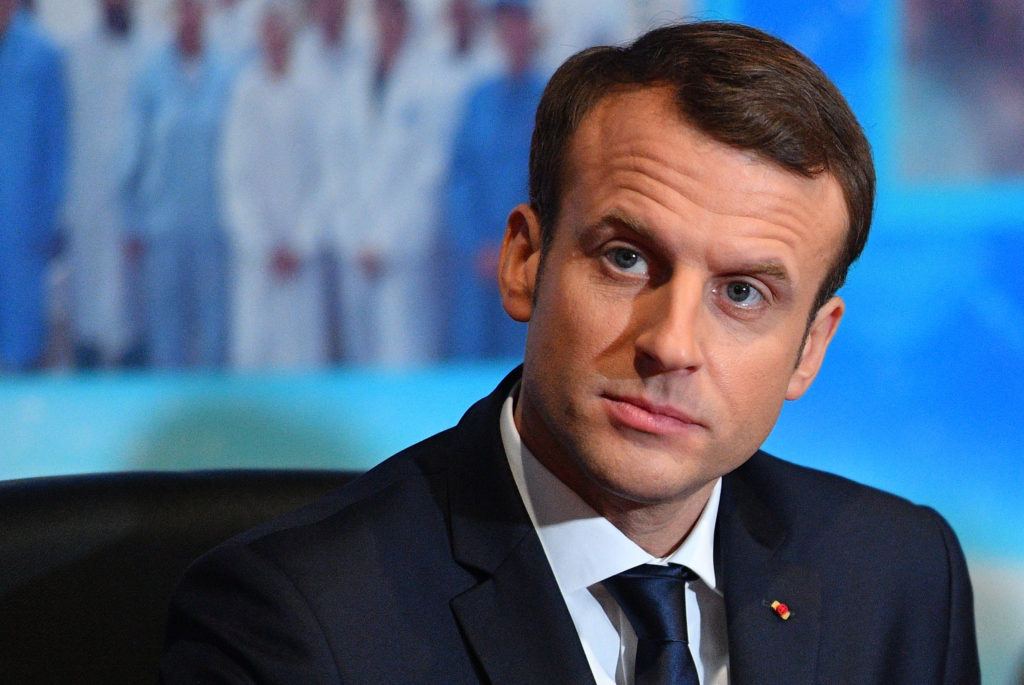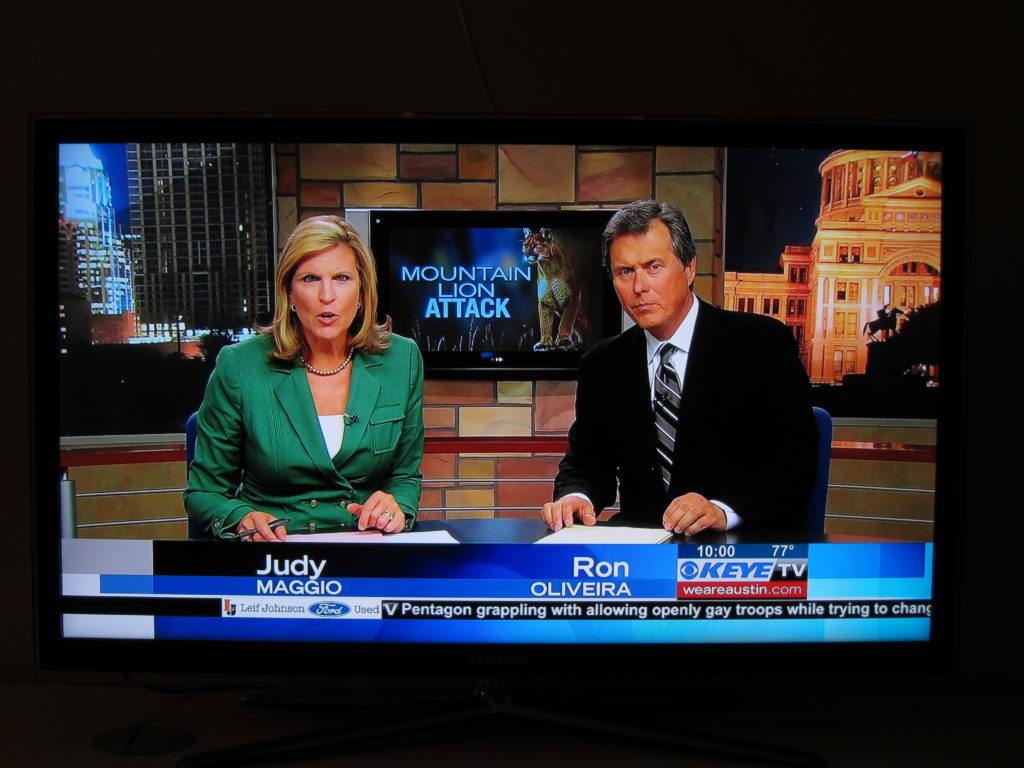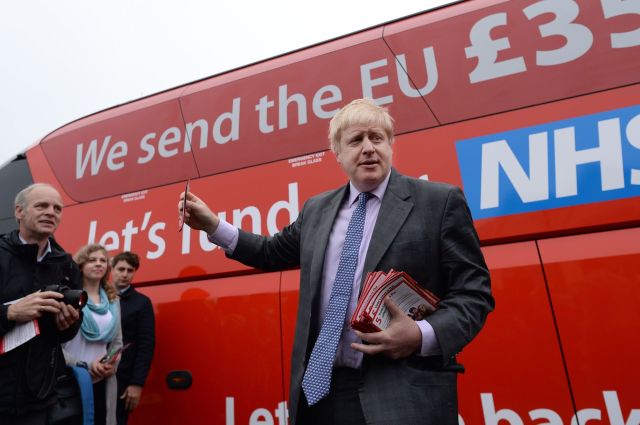‘Facts’ can’t be pinned down. We all look at them from different perspectives. Stefan Rousseau/PA Wire/PA Images

‘Why won’t someone just tell us the facts, to help us make up our minds?’ was a common lament during the EU referendum. I heard it repeatedly, on radio phone-ins and online, in the posted comments from readers in newspapers.
‘Why doesn’t a group of them just get together and sort out what’s best for the NHS/foreign policy/how to teach English in schools [delete as applicable]?’ is another manifestation of the same desire. ‘Politics’ should be removed from the process, because ‘facts’ — as agreed upon by an apolitical committee — will tell us the truth.
This lament speaks to latent beliefs which are widespread : (1) that political assertions (such as ‘We should remain within the EU’, or ‘Putin affected our election result’) can be logically interrogated, with reference to evidence (‘facts’), such that their absolute truth or falseness may be deduced, and (2) that ‘they’ should do this evidential sifting for ‘us’.

Neither belief is correct; adherence to the second is politically dangerous. That danger is no longer theoretical: the hysteria over ‘fake news’ has led to a new German law to fine social media platforms which don’t remove news deemed to be fake (as well as hate-crime-speak; but these issues, conflated everywhere, are not quite the same). President Macron of France — the ‘why can’t we take politics out of politics’ desire made flesh — is proposing something similar: to criminalise parties deemed to spread fake news during an election.
Even absent legislation, there are similar urges in the UK. During last year’s general election there was no arbiter more powerful than the Channel 4 News fact-checker. Statements by mere politicians could be verified or nullified with reference to the decision of the makers of a television programme. It’s not that great a leap to imagine the creation of a Truth Committee to determine the claims which may or may not be made in a British general election.
No-one asks about the political proclivities of these fact-checkers: facts are independent of politics, is the theory. I’m going to argue that the theory is wrong. Before you dismiss me as an anti-evidence, irrational conspiracy nut (“It’s Channel 4 News, guv! Out to get me!”) let me say that I worship evidence and facts (if not Channel 4 News), and explain how I teach statistical inference to the scientists and physicians with whom it’s my blessing to work.
Our work is drug development, and the basic hypothesis, with regard to any molecular entity in development, is this: the drug is effective in the treatment of a particular disease. Is that hypothesis either true or false? I ask the scientists. Yes, they say. So how do we determine its true-false status?
“We conduct clinical trials, and you guys do funny things with the numbers — the facts, the data — at the end. We want to know more about those funny things,” they say. “That’s why we’re on this wretched course.”
I then ask: Are all swans black? while showing a picture of a white swan. We deduce that the black-swan theory is false, based on the fact of one white swan. But deduction is rarely available to us in experimental science: I change the picture to a single black swan (All swans are black: true or false?), then ten black swans (True or false?) then ten billion black swans (True or false?). In other words: there is a truth about this swan/drug, but it will be forever outwith our deductive reach. I say:
Imagine the drug is held, behind your head, by a puppet-master. If you could turn your head you could see the truth directly: but sadly, you’ve been shackled to the ground, facing away from the truth, deep within a cave. The puppet-master is behind you, in the mouth of the cave. The sun shines through the entrance, and casts a shadow of the truth onto the wall. All you can see is that shadow.
In other words, I nick everything from Plato (minus the fire). The concept is that all we ever have are the shadows on the wall of the cave, and it is the job of statistical inference to induce, from those shadows — the data, the facts — statements about the relative plausibility of a theory, conditional on those data/shadows. We do the best job humanly possible, but this is never the same as turning our eyes directly upon the truth.
I think the political analogy is obvious? Consider a theory about fake news and the EU referendum, that the result is flawed because we were ‘lied to’. Various facts flicker on the wall in front of us: the amount of money the UK sends to the EU, the net amount once rebates are taken into account, the theoretical spending power of a British chancellor once the EU has been left.
We all look at those same facts: the facts are not the issue. But we look at those facts, by necessity, from different perspectives: if I’m shackled at the far left of the line of prisoners, for example, and you’re at the far right, isn’t it probable that we would look at the same facts but come to different conclusions about the truth? Neither of us is ‘wrong’ — we are both rationally using facts to update our belief — but there’s nothing in this inference-machine that says our beliefs must instantly cohere, even if confronted with the same set of facts.
Politics isn’t science. The puppet-master in drug development is a randomised clinical trial: the best machine to generate data about experimental theories. And scientific hypotheses, while complex, are simple compared to the ones with which we engage in general elections.

In politics there are lots of puppet-masters, and lots of different truth-objects from which to choose in order to illustrate a general point. Consider benefit reform, and imagine all the different ways you could describe the truth about a particular policy, each one a pebble of truth on the beach outside the cave.
The Guardian might pick up the truth-object ‘Change can cause harm’, and cast shadows/stories about terrible cases of hardship. The Daily Mail might choose ‘Current rules lead to abuse’, and show you enormous families of the work-shy. Neither The Guardian nor the Mail are misleading you (and how you react to the shadows will be a function of where you are sitting in the line of prisoners, remember).
It’s not The Guardian’s or the Mail’s job to pick up every pebble on the beach for your benefit. It’s not anyone’s job: it is a job which is literally impossible. This – and the issue of perspective, which must inevitably alter your response to the facts – you could call ‘the voter’s dilemma’.
It’s a dilemma not resolved by passing the buck onto a ‘fact checker’ or a French judge or a German criminal court. The least worst option is to look at as many facts as possible (within agreed parameters — I’m no fan of hate-speech) and not to restrict (are you listening, ‘Stop Funding Hate‘?) the variety of ‘puppet-masters’ (who see themselves as truth-tellers, after all.)
So: are you sitting comfortably? Then I’ll begin.
In terms of the ‘voter’s dilemma’, all news is ‘fake’, even when it’s completely honest. Facts alone can never tell you what to believe about a political theory: response to facts is determined by the prior experience of this life to which each of us is shackled.
And asking a third party to determine which facts we may inspect is like rolling a boulder over the mouth of the cave and shutting out the sun, while wriggling deeper into the stifling darkness. Here is the news: a sore backside, followed by suffocation, isn’t the same thing as enlightenment.










Join the discussion
Join like minded readers that support our journalism by becoming a paid subscriber
To join the discussion in the comments, become a paid subscriber.
Join like minded readers that support our journalism, read unlimited articles and enjoy other subscriber-only benefits.
Subscribe